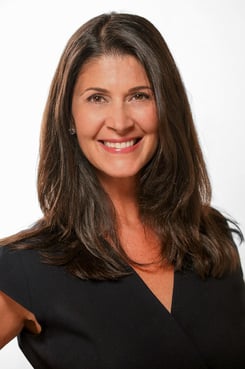When moving from a law firm to in-house at a technology startup you can expect an experience like no other. The pace, the excitement, the passion, the innovation, the highs and the lows. Anything goes … and usually does. It’s an alluring proposition that has been a major driver for the exodus of today’s young law firm associates.
As law firms work feverishly to retain their best and brightest, they have historically tried to play—what they perceive—as their best card to retain associates and stay attractive: more money. Consequently, associate salaries in big law firms are in the stratosphere. Surely this big money is keeping associates happy and sitting tight, right? Wrong. Associate attrition is at an all-time high. Why? Because associates don’t just value the money. They value other things as well: Time. Family. Autonomy. Flexibility. Broader experience. Mentoring. Working closer to the business. And the desire to be part of something bigger—like being at a startup. So until law firm brass understands these values, and I mean truly understands, and starts creating effective solutions, associate attrition will continue and lawyers will continue to yearn for a legal life in-house for the foreseeable future.


 Julie Brush, Solutus founding partner.
Julie Brush, Solutus founding partner.




